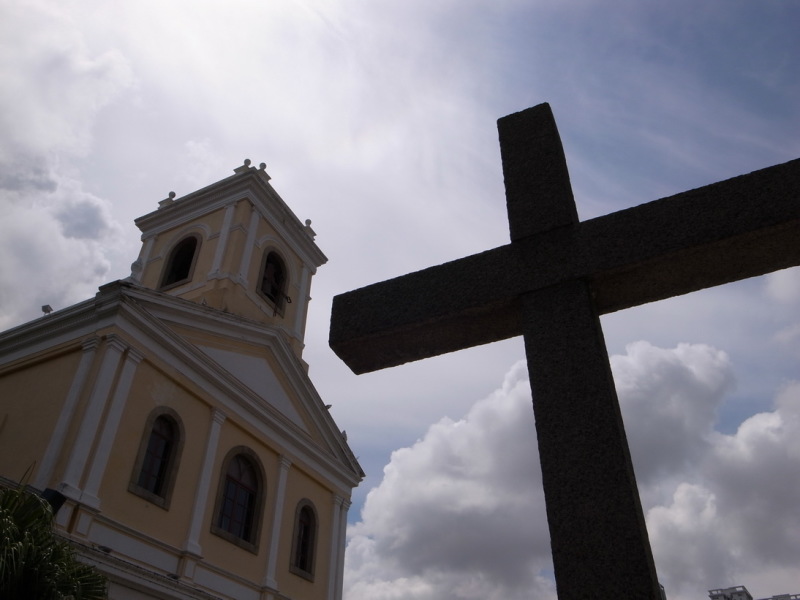
Release International, a watchdog calling itself the "Voice of Persecuted Christians," have released last week a list of countries that are a "hotspot" for Christian persecution this 2022.
Dated December 27, Release International's "Persecution Trends 2022" enlists the top five countries that would be difficult for Christians to live due to a "growing concern"in persecution. The said countries are Nigeria, Burkina Faso, Afghanistan, India, and North Korea. The first two countries are located in Africa where Islamist extremists or jihadists are the primary perpetrators of persecution against Christians.
The Christian Post said persecution is a "growing concern" in Nigeria and Burkina Faso but Islamist extremists actually affect the entire Sahel region of Africa. The Sahel region is where Burkina Faso and Nigeria is located along with Cameroon, Chad, The Gambia, Guinea Mauritania, Mali, Niger, and Senegal.
Release International, which works in 25 countries through local church partnerships, said that "Islamist extremists are gaining ground" in the Sahel region. Jihadists targeted Christians in Burkina Faso last year, forcing them to "meet in secret" after forcing the closure of their churches. The jihadists also attacked Christians through a variety of ways that included burning schools, bombings, killings, kidnappings, and assault on religious leaders. As per Release International's partner, "the situation facing Christians in Burkina Faso is now similar to Nigeria."
"Pressure in the region is likely to continue in the coming year, particularly following the drawdown of French troops in the area," the watchdog said.
The attacks of Fulani militants in Nigeria are said to "escalate in 2022" since the country is preparing for its national elections in 2023. Prior elections are shown to have led to an increase in attacks from Boko Haram and Fulani militants. Besides this, food shortages are also a reason the attacks are projected to increase.
Similarly, persecution is anticipated to rise in Afghanistan where Christians are "receiving threats" and living in fear. In October, Christianity Daily reported that Afghans are afraid and starving due to the Taliban "terrorizing" them and beheading those they regard as enemies. Afghanistan's economy has seen a collapse brought by the terrorist group's takeover of the country's government in August. This has caused mass starvation as seen in hospitals filled with malnourished children.
"Christians are afraid of being reported by family members or neighbours, and fear violent treatment by the Taliban. Homes being searched and some individuals receiving threats," a Release International partner revealed.
"Lack of work and food is a major problem for everyone. Known Christians are likely to face discrimination," another partner said.
Release International CEO Paul Robinson pointed out in the 2021 report that Christians are facing an increase in "vulnerability" and "pressure" coming from Muslims.
"Our partners tell us that Christians who are unable to follow the outward forms of Islam, such as praying at the mosque and saying the shahada, the Islamic profession of faith, will stand out more clearly. This increases their vulnerability to persecution and the pressure on them to conform," Robinson said.
Food problems is the similar concern in North Korea where Christians are completely prohibited and face "brutal persecution," Release International said. While India's anti-conversion laws are the primary reason for the increase in Christian persecution coupled with Right-wing Hindu nationalists.
'In many nations, we see a rising tide of intolerance towards Christians, accompanied by a rise in violence. Islamist militants are becoming more aggressive in Africa, as they attempt to drive Christians from the land,' Robinson stressed.
'Now the violent intolerance of these insurgents is being mirrored in India, where we see right-wing religious nationalists attempting to eliminate the Christian presence in parts of the country. The intolerance and persecution is set to get worse with growing food and climate insecurity," he added.


























